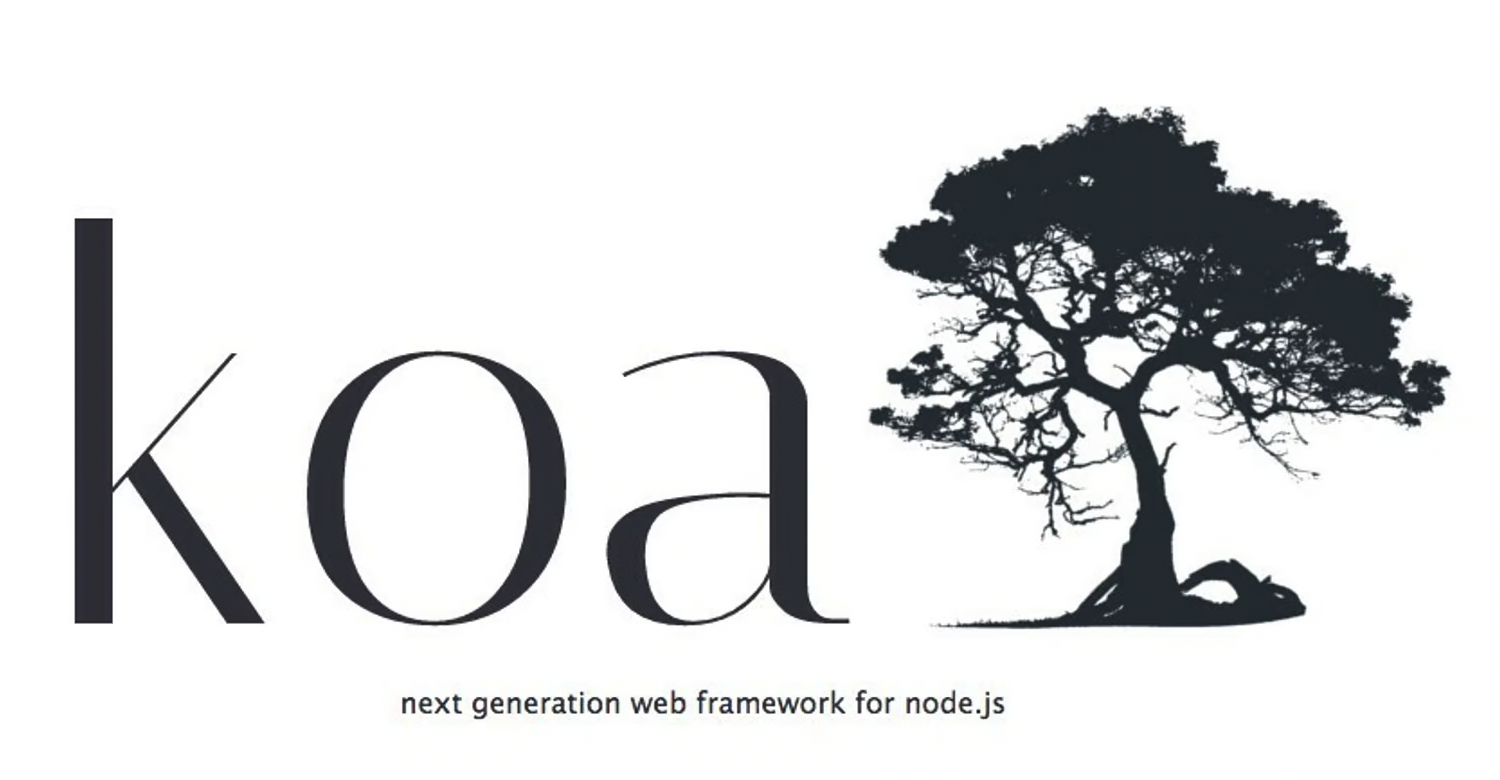In the world of Node.js frameworks, Koa.js stands out as a minimalist and powerful option. Created by the same team behind Express.js, Koa.js aims to be a smaller, more expressive, and more robust foundation for web applications and APIs. In this post, we'll explore the advantages of Koa.js, how it compares to other popular Node.js frameworks, who should use it, its popularity, and the direction it is heading.
Advantages of Koa.js
1. Modern JavaScript Support
Koa.js fully supports async/await, making your code cleaner and easier to understand. This modern approach to asynchronous programming helps avoid the callback hell that can plague traditional Node.js applications.
2. Modular Design
Unlike Express.js, Koa.js does not include any middleware by default. This design choice allows developers to add only the components they need, resulting in a more lightweight and performant application.
3. Enhanced Error Handling
Koa.js simplifies error handling with try/catch blocks, making it easier to manage and debug your applications. This approach leads to more reliable code and fewer unhandled exceptions.
4. Powerful Context Object
Koa.js provides a powerful context object that encapsulates request and response objects, simplifying the process of handling HTTP requests and responses. This makes middleware and route handling more intuitive and streamlined.
Comparison with Other Node.js Frameworks
Koa.js vs. Express.js
Koa.js and Express.js share the same creators, but they have different philosophies:
- Middleware: Express.js comes with a built-in set of middleware, while Koa.js has a minimalist core, requiring developers to add only what they need.
- Async/Await: Koa.js natively supports async/await, whereas Express.js requires additional handling or middleware to fully leverage async/await.
- Error Handling: Koa.js uses try/catch for error handling, offering a cleaner approach compared to Express.js’s middleware-based error handling.
Koa.js vs. Hapi.js
Hapi.js is another popular Node.js framework known for its configuration-driven approach:
- Flexibility: Koa.js offers more flexibility and requires less configuration than Hapi.js.
- Learning Curve: Hapi.js has a steeper learning curve due to its extensive configuration options, while Koa.js’s minimalist approach makes it easier to get started.
- Modularity: Both frameworks are modular, but Koa.js’s lack of default middleware gives it an edge in terms of lightweight and customized setups.
Who Should Use Koa.js?
Koa.js is ideal for developers who:
- Prefer a minimalist and flexible framework.
- Want to leverage modern JavaScript features like async/await.
- Are building lightweight and high-performance web applications or APIs.
- Prefer to have control over their middleware stack and avoid unnecessary bloat.
Popularity and Community
While Koa.js is not as widely adopted as Express.js, it has a growing and active community. Its popularity is steadily increasing, especially among developers who appreciate its modern design and flexibility. The Koa.js GitHub repository has thousands of stars and active contributors, indicating a healthy and engaged community.
Future Direction
Koa.js is heading towards greater adoption as more developers recognize the benefits of its modern design and flexibility. The framework is continuously being improved with new features and better documentation. As the Node.js ecosystem evolves, Koa.js is well-positioned to remain a relevant and powerful tool for building web applications and APIs.
Personal Exploration with Koa.js
Recently, I had the opportunity to explore Koa.js while working on a project aimed at developing a bug tracking backend system. This hands-on experience allowed me to appreciate the framework's lightweight nature and its modern approach to handling asynchronous code. The flexibility of Koa.js, combined with its powerful context object and simplified error handling, made it an excellent choice for creating a robust and efficient backend system. This project reinforced my belief in the potential of Koa.js for various web application and API development tasks.
Conclusion
Koa.js is a modern, minimalist, and powerful Node.js framework that offers significant advantages over other frameworks like Express.js and Hapi.js. Its support for async/await, modular design, enhanced error handling, and powerful context object make it an excellent choice for developers seeking flexibility and performance. With its growing popularity and active community, Koa.js is poised for a bright future in the Node.js ecosystem.
